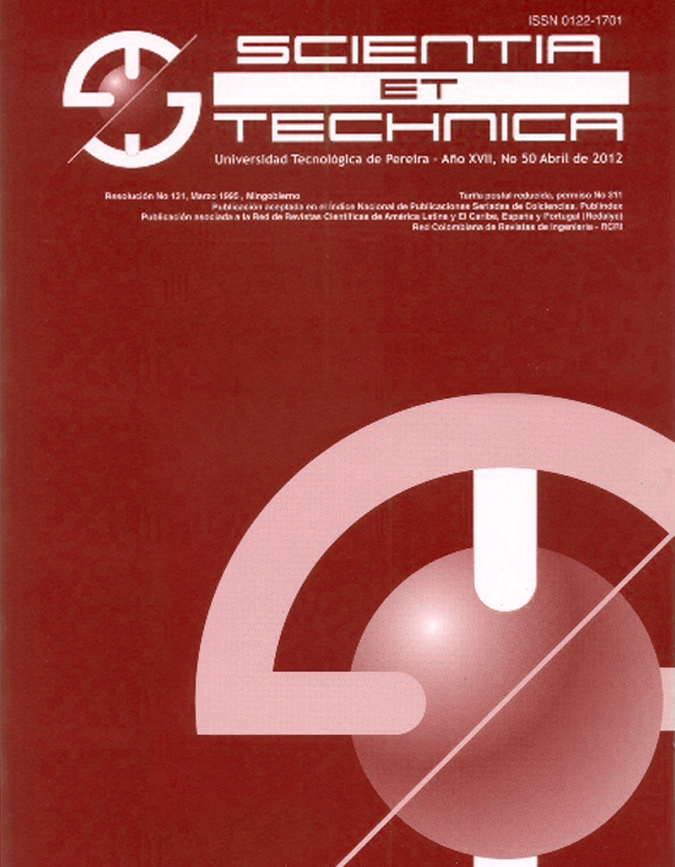Knowledge management in software development process: a framework to support MSMEs
DOI:
https://doi.org/10.22517/23447214.13491Keywords:
Design Science, Knowledge, Knowledge Management, MSMEs, Process Improvement, Software Development Processes, Software EngineeringAbstract
Knowledge management in software development processes is a field of software engineering that has been studying at present in order to apply it in achieving improved software processes and thus on product quality finally, the problem with this is that the studies have focused mainly on large companies, thus neglecting the micro, small and medium enterprises MSMEs looking to improve in order to stay competitive and stay in the market today.. The overall objective of the research is to propose a framework for managing knowledge in the processes of software development of MSMEs and consider this framework to create conceptual and computational tools to support improved development processes software. Computational tool as a web portal that allows knowledge management aims to: improve time to Attend. (ie, the time it takes to be assigned to a person an error found), the time to solve (ie, the time it takes to be an effective solution to the problem) and the time to learn (ie, time spent on learn a new functionality) This site is also a source of motivation for people to learn and share knowledge, improve the quality of information found for decision making, monitoring the process of software development implemented or adapted by the company, improving product quality and ultimately improve the management of the intangible asset so that it can classify and distribute the knowledge gained.
Downloads
References
[1] Peláez Valencia, L., Cardona Benjumea, L., & Toro Lazo, A. Estado del Arte que Soporta el Prcoseo de Desarrollo de Software en las PyMEs. Entre Ciencia e Ingeniería, pág. 93-
2011.
[2] Komi-sirvio, S., & Mantynieml, A. Toward a Practical Soluction for Capturing Knowledge for Software Proyects. IEEE Software, Vol 19, N° 3, Pág. 60-62, May/Jun 2002.
[3] Bermón Angarita, L. Librería de Activos para la Gestión del Conocimiento sobre Procesos Softaware: PAL:Wiki. Leganés, Madrid. Septiembre de 2010.
[4] Palomino Vásquez, M. A. Mejora del Proceso de una Pequeña Empresa Desarrolladora de Software: Caso Competisoft. Lima – Perú. Noviembre de 2011.
[5] Wieringa, R. J. Design Science Mehodology for Information Systems and Software Engineering. Netherlands: Springer – Verlag Berling Heidelberg – 2014
[6] Gonzales, A., Joaquí, C., & Collazos, C. Karabagi KMmodel: Modelo de Referencia para la Introducción de Iniciativa de Gestión del Conocimiento en Organizaciones Basadas en Conocimiento. Vol. 17 N° 2. 15 de abril de 2009.
[7] Universidad de Caldas & Cámara de Comercio de Manizales. Estudio de Caracterización Empresas dedicadas al Desarrollo de Software – Manizales. 2011
[8] Ruiz, F., & Verdugo, J. Guía de Uso de SPEM 2 con EPF Composer. Universidad de Castilla-La Mancha Escuela Superior de Informática Departamento de Tecnologías y
Sistemas de Información Grupo Alarcos. 1 de Abril de 2008.
[9] SWEBOK. (2004). Guide to the Software Engineering Body of Knowledge. IEEE Computer Society Professional Prectices Comite.
[10] OMG. (2008). Software and System Process Engineering Meta-model Specifications.
[11] Núñez Paula, I. A., & Núñez Govín, Y. (2 de 2005). Propuesta de clasificación de las herramientas - Software para la Gestión del Conocimienot. Vol. 13. ACIMED.
[12] Marulanda Echeverry, C., Giraldo García , J., & López Trujillo, M. (Febrero- Mayo de 2012). Herramienta para Medición de la Gestión del Conocimiento en la Pymes de
Colombia. Revista Virtual Universidad Católica del Norte (No. 35)
[13] Raffo, D., & Wakeland , W. (2008). Moving Up the CMMI Capability and Maturity Levels Using Simulations. Technical report CMU / SEI- 2008-TR-002, Software Institute.
[14] Méndez Nava, E. M. (Julio de 2006). Modelo de evaluación de metodologías para el desarrollo de software. Caracas.
Downloads
-
Vistas(Views): 721
- PDF (Español (España)) Descargas(Downloads): 993
Published
How to Cite
Issue
Section
License
Copyright (c) 2018 Scientia et technica

This work is licensed under a Creative Commons Attribution-NonCommercial-ShareAlike 4.0 International License.
Copyrights
The journal is free open access. The papers are published under the Creative Commons Attribution / Attribution-NonCommercial-NoDerivatives 4.0 International - CC BY-NC-ND 4.0 license. For this reason, the author or authors of a manuscript accepted for publication will yield all the economic rights to the Universidad Tecnológica of Pereira free of charge, taking into account the following:
In the event that the submitted manuscript is accepted for publication, the authors must grant permission to the journal, in unlimited time, to reproduce, to edit, distribute, exhibit and publish anywhere, either by means printed, electronic, databases, repositories, optical discs, Internet or any other required medium. In all cases, the journal preserves the obligation to respect, the moral rights of the authors, contained in article 30 of Law 23 of 1982 of the Government Colombian.
The transferors using ASSIGNMENT OF PATRIMONIAL RIGHTS letter declare that all the material that is part of the article is entirely free of copyright. Therefore, the authors are responsible for any litigation or related claim to intellectual property rights. They exonerate of all responsibility to the Universidad Tecnológica of Pereira (publishing entity) and the Scientia et Technica journal. Likewise, the authors accept that the work presented will be distributed in free open access, safeguarding copyright under the Creative Commons Attribution / Recognition-NonCommercial-NoDerivatives 4.0 International - https://creativecommons.org/licenses/by-nc-nd/4.0/deed.es license.



